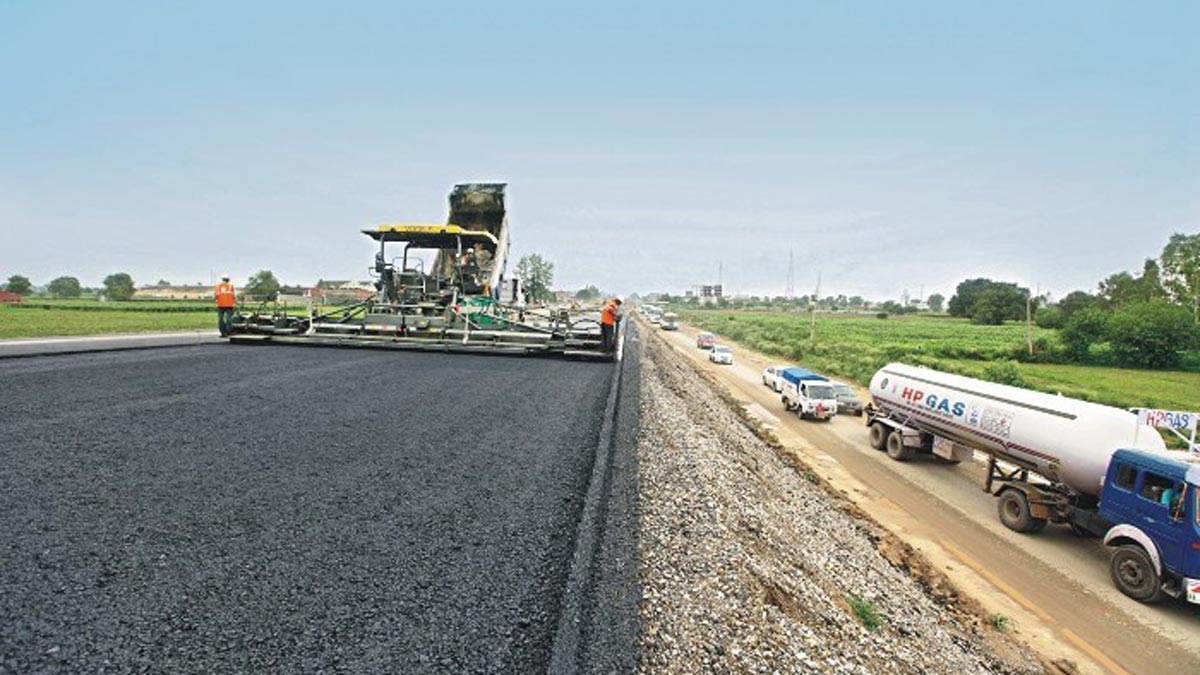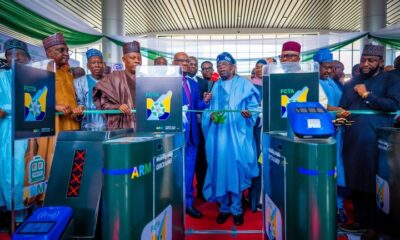In the vast landscape of Nigeria’s political arena, storms are not uncommon, but the latest tempest brewing over the approval of a $13 billion highway project has ignited a particularly fierce debate across the nation.
The controversy revolves around the decision by Nigeria’s federal cabinet to greenlight the construction of the second section of a 700-kilometer coastal road, connecting Lagos to Calabar, awarded to an ally of President Bola Tinubu.
The project, which has been entrusted to Hitech Construction Company Ltd., owned by tycoon Gilbert Chagoury, has sparked outrage and accusations of impropriety.
Chagoury’s close ties to President Tinubu have drawn sharp scrutiny with critics alleging favoritism and questioning the transparency of the bidding process.
The proposed highway, touted as an economic game-changer, has been marred by allegations of irregularities from the outset.
The bidding process, shrouded in secrecy, bypassed public scrutiny, leading to concerns from civil society groups and opposition politicians. With accusations of inflated costs and a lack of due process, the project has become a focal point for dissent.
One of the central figures in this unfolding drama is Lagos opposition politician Gbadebo Rhodes-Vivour, who has been vocal in his criticism of the project.
Rhodes-Vivour raised concerns over the lack of transparency and questioned the deal’s value for taxpayers, expressing skepticism about whether Nigeria truly secured the best arrangement.
Moreover, the project’s impact on local communities has intensified the backlash. The demolition of houses and buildings, including parts of the popular Landmark beach complex in Lagos, has triggered protests from affected businesses and residents.
This backlash underscores broader discontent with large-scale infrastructure projects that often neglect community interests and environmental considerations.
Critics have also pointed to Chagoury’s controversial past, including a conviction in Switzerland for money laundering and his admission of illegal campaign contributions in the United States. Such associations have fueled suspicions of corruption and cronyism, further fueling the political firestorm engulfing the project.
As the controversy escalates, key opposition figures, including Atiku Abubakar, have seized upon the opportunity to cast doubt on the integrity of the project and its proponents. Abubakar’s assertion of business ties between Tinubu and Chagoury adds another layer of complexity to an already contentious issue.
In response to mounting pressure, government officials have sought to defend the project, stating its economic potential and adherence to due process.
Works minister Dave Umahi reiterated the government’s commitment to transparency but provided little clarity on the opaque bidding process, leaving lingering doubts unresolved.
Against the backdrop of Nigeria’s struggle with corruption and economic challenges, the $13 billion highway project has become emblematic of broader concerns about governance and accountability.
As the political storm gathers momentum, the fate of the coastal road hangs in the balance, with its proponents and detractors locked in a battle for public trust and legitimacy.

 Billionaire Watch2 weeks ago
Billionaire Watch2 weeks ago


 Startups4 weeks ago
Startups4 weeks ago


 News4 weeks ago
News4 weeks ago


 News4 weeks ago
News4 weeks ago


 Bitcoin4 weeks ago
Bitcoin4 weeks ago
 Naira4 weeks ago
Naira4 weeks ago
 Forex3 weeks ago
Forex3 weeks ago
 Treasury Bills4 weeks ago
Treasury Bills4 weeks ago

















